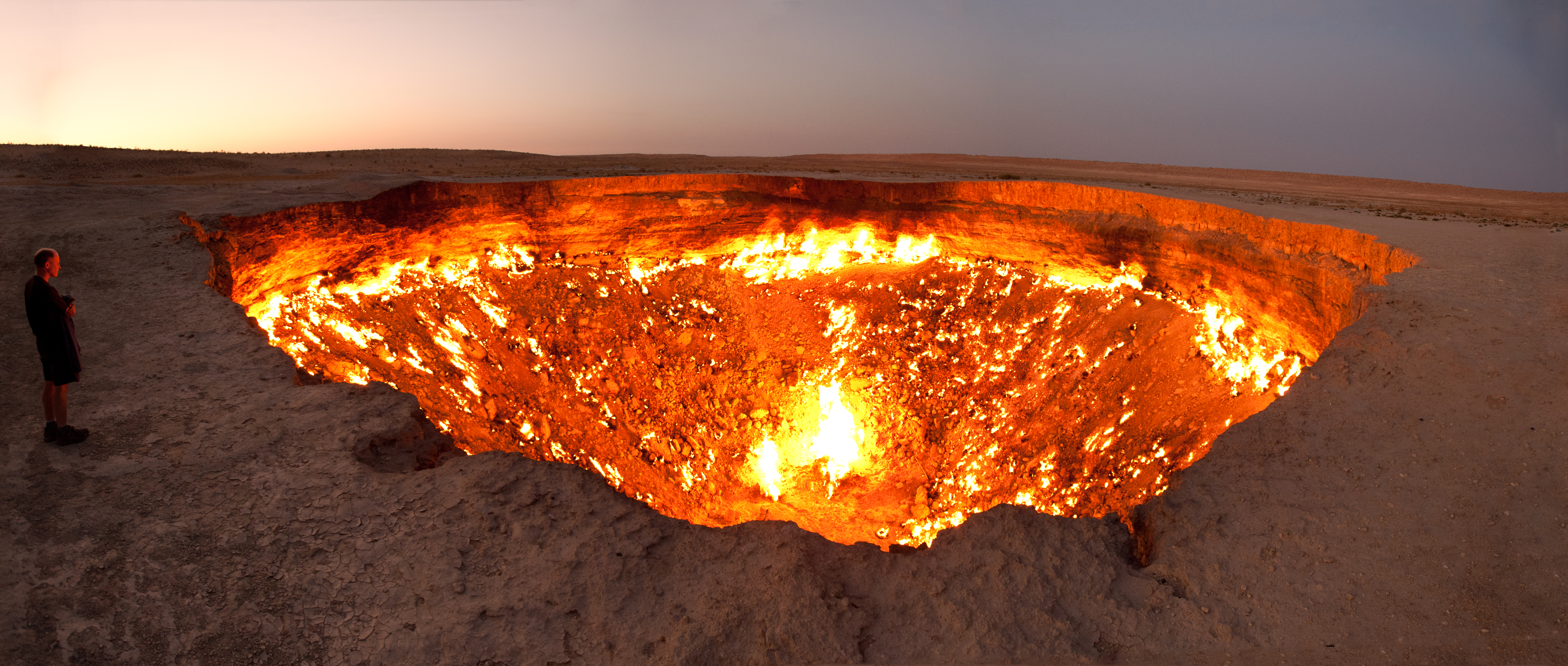Fixing the "autistic gaze" for good
Here are some images of what I mean by "autistic gaze": https://photos1.blogger.com/img/6/4043/ ... acking.jpg
... the one in the left-middle is very similar to how my resting facial gaze is, and it freaks people out. It has taken me years to realize that the reason strangers look at me so much, and the reason some people around college would make fun of me or call me "weird" was because of this, not because I'm ugly (I have Body Dysmorphic Disorder, delusional type, which I've had since 13 ). One of my old childhood friends has actually picked up on this weird mannerism I have, and now literally laughs constantly at me whenever he sees me doing this, and/or avoids me completely, so now I actively avoid him wherever I go. My closer friends don't really care about this much, thankfully.
Wearing sunglasses during summer in public has helped with this, but when it comes to winter time outside, and indoors, there is nothing I can do to conceal it. When I see myself doing this in photos, I'm overcome with sadness and a deep sense of shame, because I feel like it makes me... well... a freak, all the ridicule doesn't exactly help with this either; I really feel like I'll never be accepted by society, or anyone. It's also worth mentioning it gets worse with sensory overload.
This is really bringing me down. I need to find a permanent fix to this problem; the trouble with this is that it's tied to my nervous system which has obviously been developing throughout my life, and how can you "rewire" your nervous system exactly?
Anyone else 'suffer' from this?
On my mission to conceal my Autism, and be less weird, this isn't exactly helping, and there is jack all I can do about it! I really hope I don't have to go the rest of my life with this issue.
_________________
"Subclinical autistic traits" (atypical autism).
Normal intelligence, social and language development.
"vulnerable narcissistic defenses w/ mild borderline traits"; Body Dysmorphic Disorder, (self-diagnosed).
Our internal representation of reality: (http://bit.ly/2BJuj5o)
"the trouble with this is that it's tied to my nervous system which has obviously been developing throughout my life, and how can you "rewire" your nervous system exactly?"
That's what all learning is -- rewiring your nervous system -- and the development of habits through repetition, which you do all through your life, is how you do it. When you learn to play an instrument you're rewiring your nervous system; when you learn use a tool or piece of equipment you're rewiring your nervous system. You do it simply by repeating an action over and over until it becomes automatic. In your case you want to practice in front of a mirror moving your face into whatever expression you'd like to have, and trying to get a sense of how that expression "feels" even when you can't see it, so you can tell you're in the right configuration. That's what actors do. Practice it daily for several weeks and months; it will feel awkward for days, as any new habit does while it's forming, and then without realizing it you'll one day find that you do it automatically, without even thinking.
_________________
There Are Four Lights!
I diminish my more strange-seeming mannerisms by 'absorbing' other people's mannerisms and reactions to things. It's almost like acting, and was, at first, but now it's more automatic. I sometimes look at my reactions to things and see people I know mirrored in what I do. This includes facial expressions.
As a guide:
1. Choose a target with good social skills and whom you like (if you don't like somebody it's harder to convincingly act like them)
2. Observe the target when they are socialising. It's easier if they aren't talking to you, because you can concentrate better if you're not trying to work out how to respond at the same time.
3. 'Replay' the memories of how they respond to things in your head, and extrapolate to see how they might respond to various other things
4. Gently and gradually introduce their mannerism into your interactions. Start with the 'biggest', and progress to the more minute behaviours. It becomes more natural over time (or did for me!).
Please be aware that this is not intended as a permanent repression of your character or personality - only a 'mask' to help you appear more normal if that's what you want. Good luck! ![]()
_________________
Diagnosed: Autism Spectrum Disorder Level 1 without accompanying language impairment
I find it easiest to connect with people through the medium of fandoms, and enjoy the feeling of solidarity.
Too often, people say things they don't mean, and mean things they don't say.
I think I look more like the left bottom, but I've also been told by former teachers that sometimes I look like I'm about to cry (like left top, I guess) when I was actually fine.
I've never been one to have really wide-eyed expressions, which is the usual telling sign of autism, but I do look lifeless/distraught. I don't know what to do to fix this gaze either.
That's part of it.
And also, the NT people seem to have an expression that can be described as "confident" or "having their game face on". They look powerful and in control ... and all are similar that way.
Meanwhile, autistic person #1 looks sad or depressed or weak, autistic person #2 looks like he has crazy psycho killer eyes, and autistic person #3, while looking the most normal, looks kind of unfocused, fuzzy, not alert, and therefore weak. All these are negative, and NTs do not like even the faintest whiff of anything negative.
As for my gaze ... it depends on my mood. I can look like a normal NT when I'm in a good mood ... That said, if I'm in a bad mood, I might look like autistic person #1.
P.S. Actually, I think autistic person #3 also shows up in the NT column too ... look very closely ...
... yes, it is the same picture.
The pictures are all random stock faces. They are not distinguished by autism/non-autism.
The purpose of the experiment is to judge where a person is gazing when looking at a screen showing those faces. The black line represents a track of their gaze (tracked with an eye-tracking camera of some sort).
So, we learn: that the neurotypical control subjects focus their gaze on the eyes, nose and mouth; and that the autistic subjects do not.
_________________
Secretly he hammers the earth.
... yes, it is the same picture.
The pictures are all random stock faces. They are not distinguished by autism/non-autism.
The purpose of the experiment is to judge where a person is gazing when looking at a screen showing those faces. The black line represents a track of their gaze (tracked with an eye-tracking camera of some sort).
So, we learn: that the neurotypical control subjects focus their gaze on the eyes, nose and mouth; and that the autistic subjects do not.
Yes, that is what I thought, the rest of the thread is rather confusing when you judge it on what a person's face looks like!
It is a pretty interesting photoset though, I am going to try and change my eye-movement to mimic the NT way.
_________________
with chlorinated water
"Fixing " the gaze for good seems a little optimistic, as the area of eye contact seems fairly hard wired.
Looks more promising as practicing a script or a "Reasonable Adjustment" for the impairments NTs sometimes have around excessive eye contact or needing excessive eye contact.
#1 Those are stock images of people making faces. The lines are where autistic versus non-autistic people looked on their faces. Autistic people were not interested in looking at their eyes, lol. That is actually fine because there is just as much or more expression in the rest of people's faces. See- they're looking at the eyebrows and mouths. Some say it's because they aren't getting as much information from the tiny muscles in the eyes alone so they're searching for more information in muscles with bigger movements.
#2 OP I get what you're saying about the middle left face! I have a friend who makes that face a LOT and my husband also occasionally makes that face. It's just kind of an autism face. We all make faces when we're not paying attention. My sister and I have a looking-off-to-the-side face that our husbands like to complain about. My sister and I are NT.
If your friend is laughing at you making this face, and it bothers you, I would say something back to him right after he makes a comment or laughs at you making the face. Something like, "I'm making this face because I can't believe you wore that t-shirt." He could be wearing a completely normal t-shirt. It doesn't matter. He will get the point. If it happens again, say the same thing again. He's continuing to make fun of your face and it's getting old, so continue to say the same thing and see how long it takes for him to get tired of it.
I know your complaint is about YOUR face, but if you're going about wearing sunglasses trying to hide your own face this is already going too far. Your friends should not be commenting on your face, especially if you have body dysmorphia.
What I think you should do on your own is just take a certain time, like maybe once an hour or when you eat, and concentrate on relaxing each part of your face. Are your eyebrows relaxed? Check. Is your mouth relaxed? Check. Like that. Just go through each part and relax the muscles. You'll get in the habit of doing it more often and it should help you get in better control of your face. You could even like stretch each part out before you relax it? Like do a surprised eyebrow and then relax them? A grimace mouth and then relax? Like that.
| Similar Topics | |
|---|---|
|
Good news
in Bipolar, Tourettes, Schizophrenia, and other Psychological Conditions |
26 Jan 2025, 6:49 pm |
| Feel good about my life and future |
08 Jan 2025, 1:05 pm |
| Any Good Totally Free Dating Sites? |
24 Nov 2024, 8:33 pm |
| What makes autistics happy and living good lives? |
14 Dec 2024, 5:50 am |











